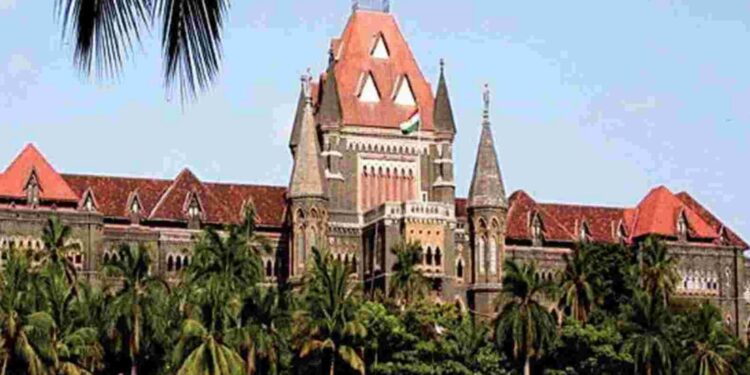The Bombay High Court on Thursday quashed a controversial circular issued by the Maharashtra Charity Commissioner, which instructed public trusts to remove terms such as ‘Bhrashtachar Nirmulan Mahasangh’, ‘Bhrashtachar Virodhi Andolan’, ‘Bhrashtachar Mukta Bharat’, and ‘Human Rights‘ from their names. The circular, issued in July 2018, argued that such names could mislead the public into believing that these trusts had the authority to fight corruption or protect human rights, implying governmental authority. The High Court, however, disagreed with this stance.
Court’s Key Findings
A Bench comprising Justice M.S. Sonak and Justice Jitendra Jain ruled that the focus should be on the actual work done by an organization rather than its name. The Court pointed out that while the actions of an organization can be scrutinized, its name should not be restricted unless it gives the false impression of a government connection. The Court concluded with the Hindi phrase: “Naam mein kya rakha hai, kaam dekhna chahiye. Agar kaam galat ho to sakht karwaai karni chahiye“ [What is in the name? The work should be considered. If the work is wrong, strict action should be taken].
Challenge to the Circular
The circular was challenged by Manvi Hakka Sanrakshan and Jagruti, a Pune-based registered society, which argued that the circular was unconstitutional and violated their right to choose their name under the Maharashtra Public Trusts Act, 1950. The petitioners contended that the use of terms like ‘corruption‘ and ‘human rights‘ in their names did not imply any governmental powers or authority.
Amicus Curiae Abhay Anturkar supported the petitioners’ argument, pointing out that the Maharashtra Public Trusts Act, 1950 does not prohibit such names. He argued that the circular lacked any legal basis and unjustly restricted the rights of organizations to name themselves according to their purpose.
Court’s Legal Analysis
The Court examined the provisions of the Maharashtra Public Trusts Act, 1950, noting that “charitable purpose” includes any activity for the advancement of general public utility. This broad definition covers organizations working to fight corruption or advocate for human rights. The Court emphasized that such organizations would still qualify as charitable even if their activities occasionally intersected with political domains, as long as their primary purpose was public welfare.
Further, the Court found that the term ‘human rights‘ should be interpreted widely. It noted that organizations dedicated to the protection of human rights, and particularly to addressing the violations of such rights, should be recognized as operating for charitable purposes. Thus, the Court opined that no legal or constitutional basis existed for preventing trusts from using terms like ‘corruption‘ or ‘human rights‘ in their names.
Authority’s Power to Intervene
The Court stated that once a trust is registered under the Maharashtra Public Trusts Act, 1950, the authorities do not have the power to dictate or change the name of the trust unless the name gives the impression of government affiliation. If an organization’s name appears to falsely suggest government patronage, the Emblems and Names (Prevention of Improper Use) Act, 1950 could be invoked. However, in this case, the Court ruled that the use of terms like ‘corruption‘ or ‘human rights‘ did not give such an impression.
Role of Law Enforcement
While the Court allowed the use of such terms, it clarified that organizations fighting corruption must not overstep their bounds and take the law into their own hands. The enforcement of laws related to corruption and human rights violations falls under the jurisdiction of the proper authorities. The Court also made it clear that the use of these terms does not imply the organization has the legal authority to take action against individuals facing corruption charges or human rights violations.
Final Verdict
Ultimately, the Bombay High Court quashed the Maharashtra Charity Commissioner’s circular, declaring that it was unconstitutional and lacked legal standing under the Maharashtra Public Trusts Act, 1950. The Court reinforced the importance of allowing organizations to choose their names freely as long as their activities are aligned with the law.
Advocates Abhishek Subhash Haridas and Vikas Shravan Kuchekar represented the petitioners, while Amicus Curiae Abhay Anturkar provided legal insights supporting the petition. The State of Maharashtra was represented by Additional Government Pleader AI Patel and Advocate SL Babar.

















